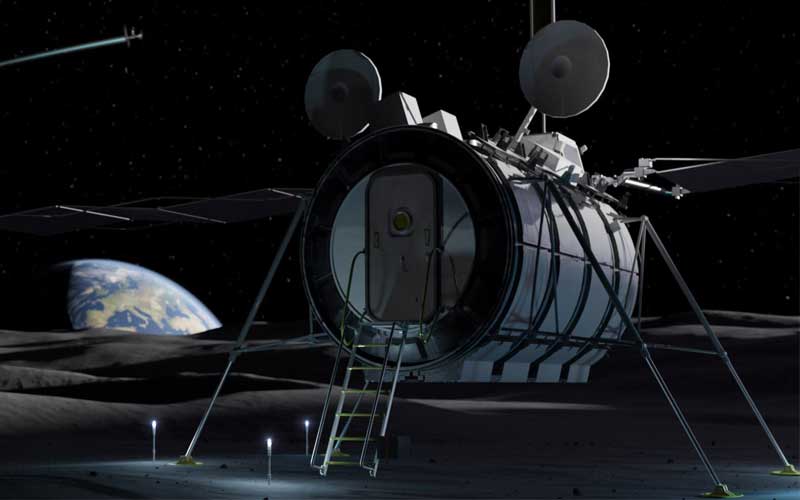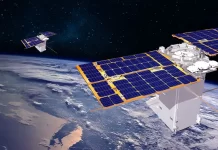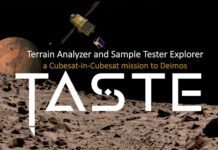
Italy’s national space agency, ASI, has kicked off its Selene project, which aims to develop small nuclear fission reactors to power settlements on the Moon.
In 2023, the Selene (Sistema Energetico Lunare con l’Energia Nucleare) project was among the winners of an ASI funding call aimed at developing alternative energy solutions for the Moon that overcome the limitations of traditional technologies. The project focuses on developing the Moon Energy Hub (MEnH), which would provide a stable energy source for future lunar settlements using small nuclear fission reactors called Surface Nuclear Reactors (SNRs).
“Italy is strongly committed to the exploration of the Moon and the creation of a permanent lunar base,” said Angelo Olivieri, head of Scientific Missions at ASI. “Regarding energy supply, the currently available solutions, based on the use of solar energy, do not allow us to achieve the challenging energy goals for future activities on the lunar surface, due to the alternation of 14 days of light and 14 days of darkness. The search for an adequate technological solution represents a field of great interest for ASI.”
The ASI-funded Selene project is led by the Italian National Agency for New Technologies, Energy, and Sustainable Economic Development (ENEA), with contributions from the Department of Energy at the Polytechnic University of Milan and Thales Alenia Space Italia.
In addition to advancing the development of the reactors, the three-year project will focus on key technologies such as sensors, automation, and wireless power transmission. Researchers will also develop decommissioning plans, enhance the supply chain, and create a roadmap for industrializing the system.
To ensure the flexibility of the systems, the project will also explore energy storage systems that can handle changes in power demand and interruptions. The MEnH will feature a steerable energy transmission system to support activities far from the main power source and a mobile reception system for low-energy operations, making it adaptable to different lunar missions.





[…] Based on the EuropeanSpaceflight’s article. […]